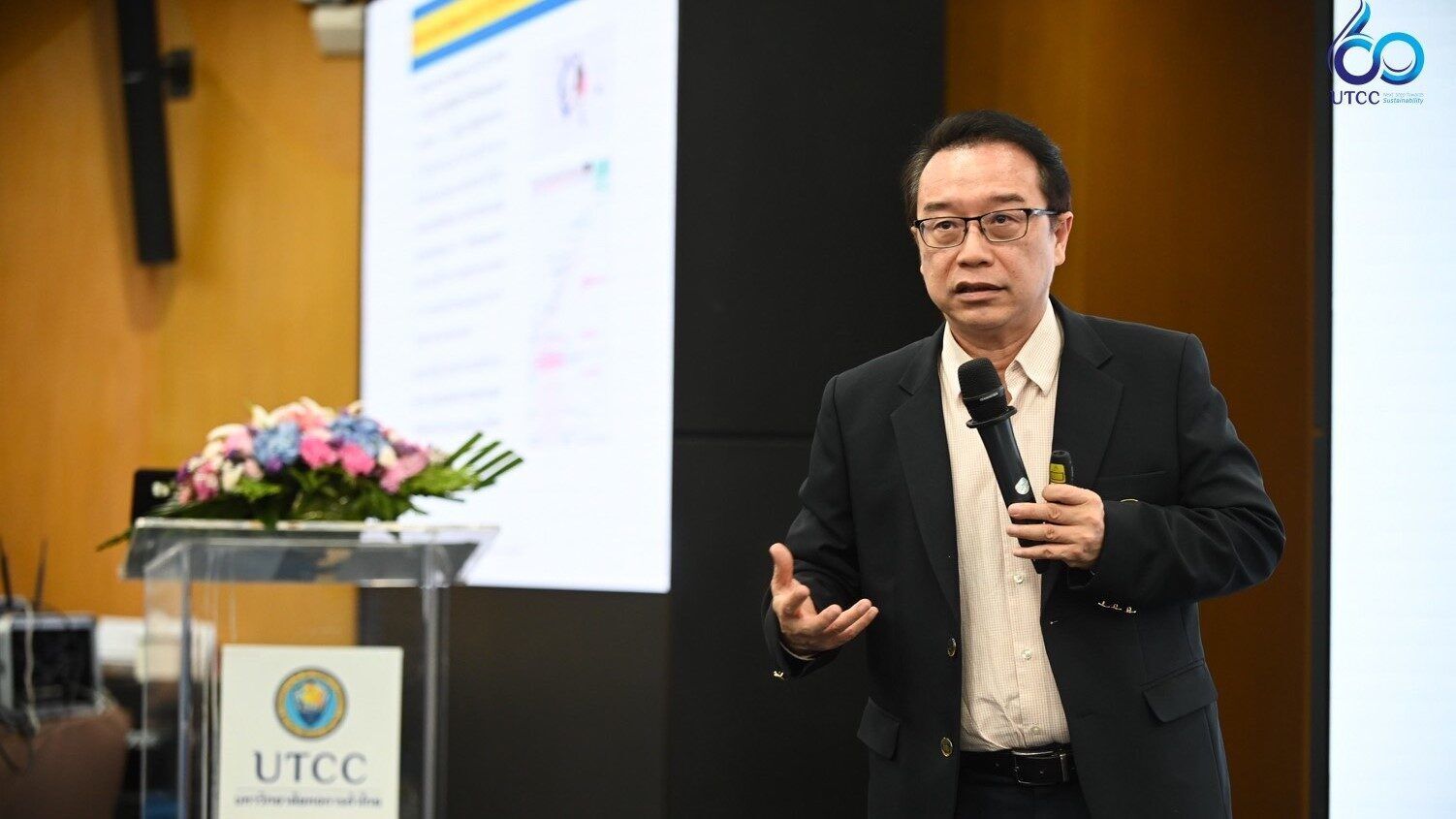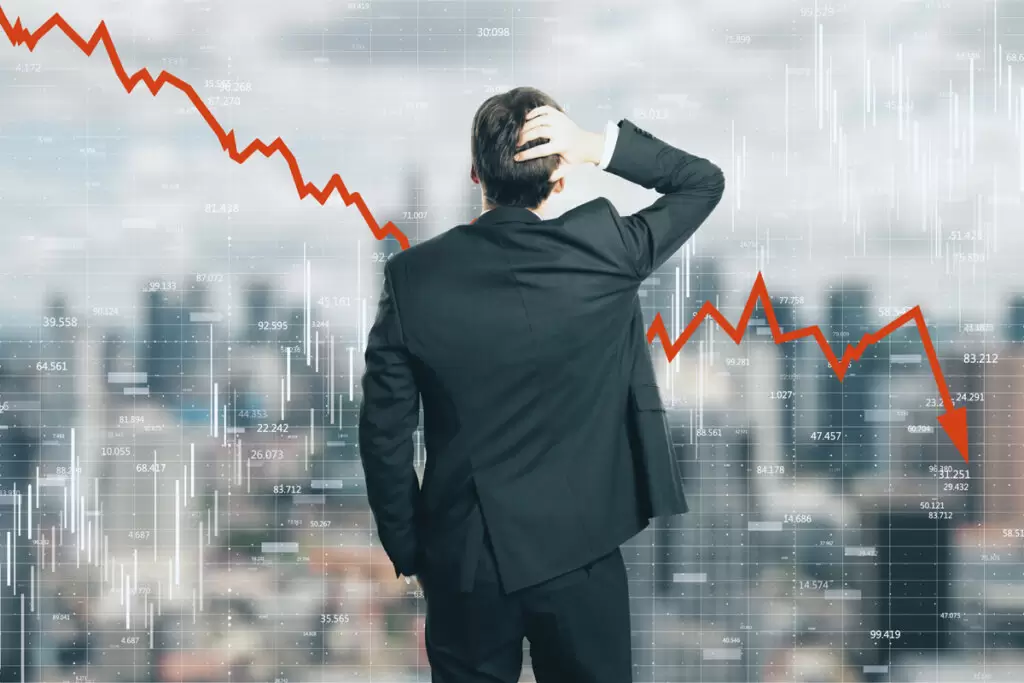

Anusorn Thammajai, Dean of the Faculty of Economics and Director of the Centre for Economic, Digital Investment, and International Trade Research at the University of the Thai Chamber of Commerce, has expressed concerns about Thailand’s economic outlook.
He anticipates that the economy may expand by less than 1% in the fourth quarter, with a risk of negative GDP growth compared to the previous quarter. The GDP in the third quarter showed a positive growth of 1.2% compared to the same period last year.
However, when viewed quarter-on-quarter, the GDP contracted by 0.6%. If the fourth quarter also experiences negative growth compared to the preceding quarter, it would indicate a technical recession.
Despite this, it remains unclear whether this will lead to a full economic recession. A persistent and significant decline in economic activities, income, spending, sales, production, employment, and inflation over several months would be necessary for a full-blown recession.
If Thailand faces a recession next year, recovery could follow, but may be hindered if the policy interest rate is not reduced to 1% and if government spending, currently negative, is not accelerated. The ‘Khon La Khrueng Plus’ programme, with a budget of 67 billion baht, is expected to stimulate year-end consumption only.
Investment and exports in Thailand have seen an increase in import content compared to the past, leading to lower growth in domestic production. Part of these imports are for re-export and may face high trade tariffs.
Anusorn noted that government spending in the third quarter contracted, with public investment spending down by 5.3% and government consumption spending falling by 3.9%. The fourth quarter might see a slight improvement, though political changes could hinder government spending if public investment is not expedited.
The potential for deflation remains high if private investment and consumption do not grow beyond 3%. General inflation has been negative for several months, with this year’s average inflation rate predicted to be between -0.2% and -0.3%, possibly remaining at 0% or slightly negative next year.

The government currently does not need to raise VAT as purchasing power is weak and could disrupt economic recovery. Improving budget efficiency and preventing corruption could save 200-300 billion baht annually, enhancing fiscal status.
Nevertheless, reforming government revenue sources is necessary to mitigate future fiscal risks and prevent public debt from exceeding 70% of GDP. Anusorn commented on the mixed outlook for the industrial sector next year, influenced by trade wars, technological factors, especially AI, and domestic economic conditions.
The automotive industry has passed its low point and is expected to gradually recover, with electric and hybrid vehicles projected to capture over 50% of the market. The electronics industry will face intense competition and US tariffs, while the retail sector is expected to slow, with only slight growth in the food service industry due to weak consumer purchasing power.
Household debt to GDP remains high, and the construction industry is predicted to remain stable, with potential improvement if the government accelerates construction projects, with an estimated 860 billion baht in public construction projects.
The real estate sector is expected to grow slowly, with increased scrutiny on money laundering transactions potentially impacting real estate businesses, reducing artificial demand and causing excess supply in some segments, which may face a bubble burst, according to KhaoSod.
The story Thai economy faces potential recession with growth under 1% as seen on Thaiger News.
